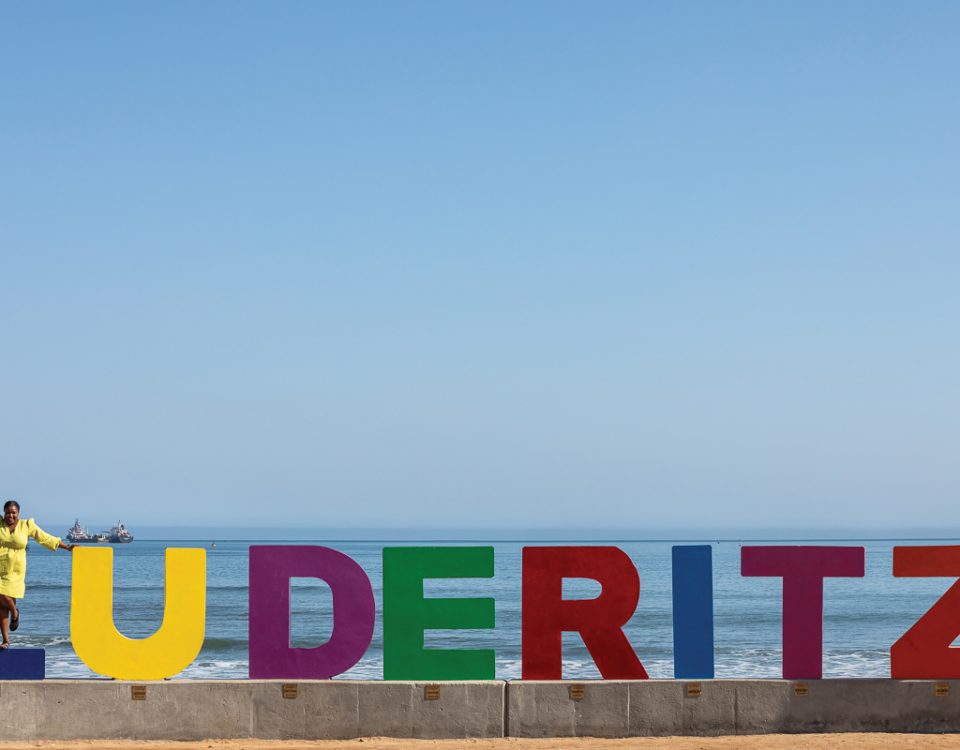
Back to the future
December 30, 2016
Facts on the environment in Namibia #2
January 3, 2017Text Christie Keulder
T his year marks the 500-year anniversary of the Reinheitsgebot, the German Beer Purity Law that guides and inspires our locally brewed beers to be made from only three ingredients: barley, hops and water.
The current (Munich) version of the Reinheitsgebot was adopted on 23 April 1516 after the unification of Bavaria. Its purpose was to limit the ingredients used for brewing beer, set the price of beer, and make the breaking of the purity law a punishable offence.
A translated version of the Reinheitsgebot reads as follows:
We hereby proclaim and decree, by Authority of our Province, that henceforth in the Duchy of Bavaria, in the country as well as in the cities and marketplaces, the following rules apply to the sale of beer: From Michaelmas to Georgi, the price for one Mass [Bavarian Liter 1,069] or one Kopf [bowl-shaped container for fluids, not quite one Mass], is not to exceed one Pfennig Munich value, and From Georgi to Michaelmas, the Mass shall not be sold for more than two Pfennig of the same value, the Kopf not more than three Heller [Heller usually one-half Pfennig]. If this not be adhered to, the punishment stated below shall be administered. Should any person brew, or otherwise have, other beer than March beer, it is not to be sold any higher than one Pfennig per Mass. Furthermore, we wish to emphasise that in future in all cities, markets and in the country, the only ingredients used for the brewing of beer must be Barley, Hops and Water. Whosoever knowingly disregards or transgresses upon this ordinance shall be punished by the Court authorities’ confiscating such barrels of beer, without fail. Should, however, an innkeeper in the country, city or markets buy two or three pails of beer (containing 60 Mass) and sell it again to the common peasantry, he alone shall be permitted to charge one Heller more for the Mass of the Kopf, than mentioned above. Furthermore, should there arise a scarcity and subsequent price increase of the barley (also considering that the times of harvest differ, due to location), we, the Bavarian Duchy, shall have the right to order curtailments for the good of all concerned.
Given the artificial means that our manufactured-food system has employed to seek greater profit, I think it a splendid idea to remain committed to natural purity in any type of food, brewing included. Just consider this ancient recipe for mead (a fermented wine of honey, water and sometimes fruits):
Take rainwater kept for several years, and mix a sextarius [546 milliliters] of this water with a [Roman] pound [328.9 grams] of honey. For a weaker mead, mix a sextarius of water with nine ounces [246.6 milliliters] of honey. The whole is exposed to the sun for 40 days, and then left on a shelf near the fire. If you have no rain water, then boil spring water.
Originally the Reinheitsgebot was introduced, at least partially, to prevent brewers from competing with bakers over the price of wheat and rye. By restricting brewers to use barley, the relevant authorities tried to keep wheat and rye bread prices at affordable levels.
Bavaria insisted on the adoption of its beer regulations as a precondition for the unification of Germany in 1871. This provoked a strong reaction from brewers in Northern Germany who used different ingredients in their spice and fruit beers. The Bavarian laws favoured ’bottom-fermented’ beers such pilsners and lagers over ’top-fermented’ beers such as ales, and many regional beer varieties did not survive the implementation of the Reinheitsgebot which became binding for Northern Germany in 1906. In 1952 the Reinheitsgebot was written into the Biersteuergesetz (beer tax laws) and in 1987 in a case presented by French brewers, a European court forced Germany to change its laws to allow free trade within Europe where the purity laws were seen as a form of German protectionism.
After the Brandenburg Beer War – a legal dispute of nearly a decade over whether or not a black beer could legally be labled Bier, the purity laws were relaxed and adapted in 1993 to include top-fermented beers and to allow yeast for bottom-fermented beers. As with any legislation the German beer laws are ever evolving and the laws have been changed to accommodate more types of beer and different techniques of brewing.
The breweries that today brew according to the original Reinheitsgebot do so voluntarily, and their commitment to purity and choice of ingredients is widely advertised. Our own Namibia Breweries Limited (NBL) is one of only a few breweries outside Germany that remain committed to brewing according to the original purity laws of 1516. To this we should lift a glass of Namibia’s finest brew and say: “Prost!” After all, none of us will be around for the next 500 years’ celebration.
Cooking with beer is as old as beer itself. As an ingredient beer is both a liquid and a flavour. For this week, I slow-braised a whole neck of lamb in our local Weizenbier, Camelthorn. Best thing about this dish? It allows you at least three hours to savour your key ingredient, and I am not referring to the meat.
Cheers!
This article was first published in the Travel News Namibia Summer 16/17 issue.


